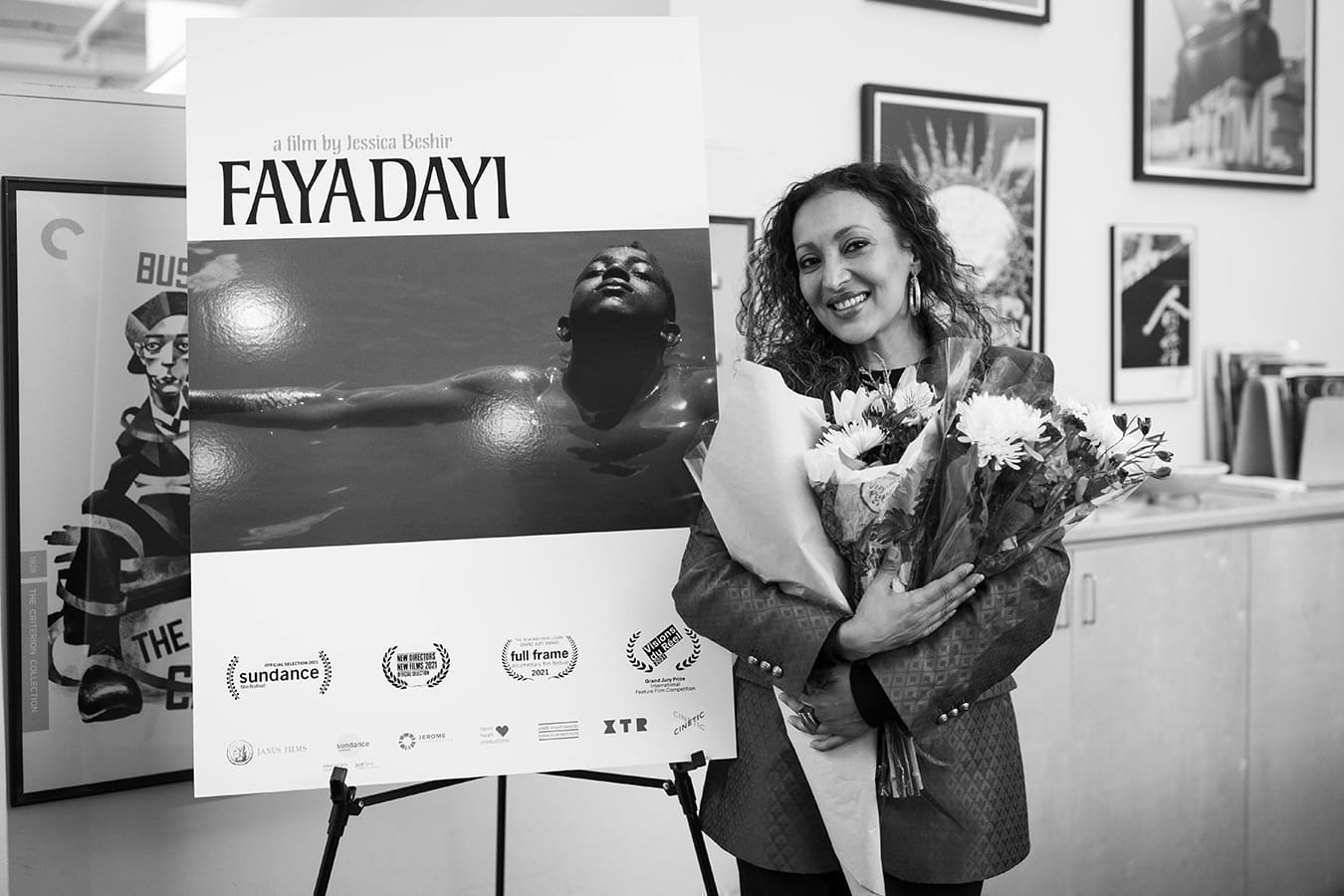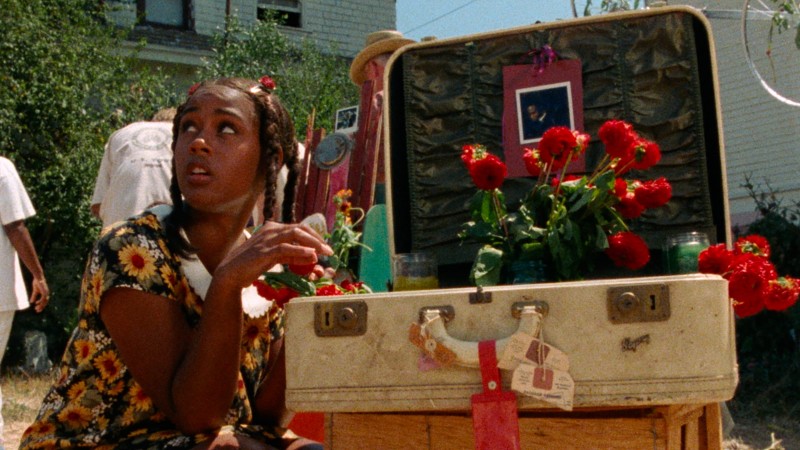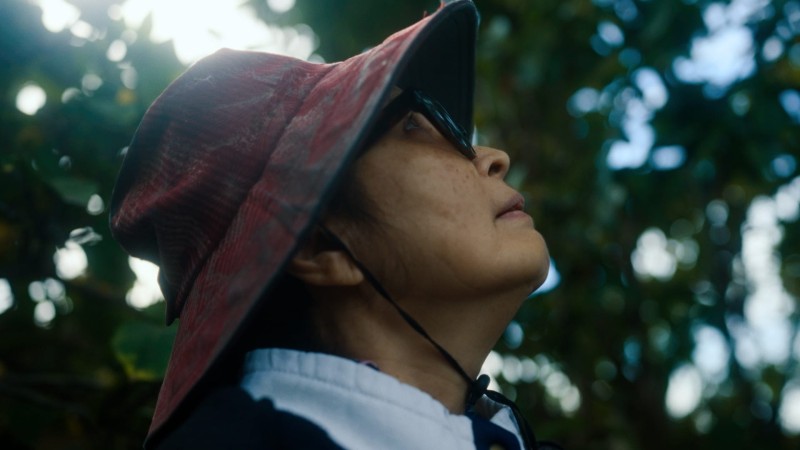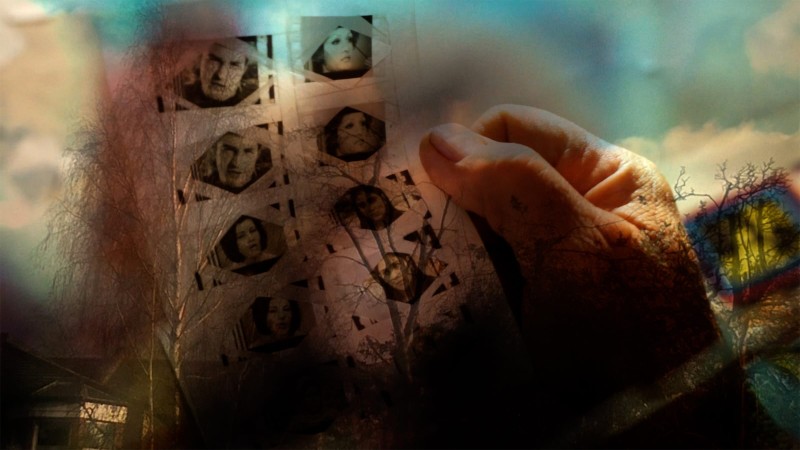An Evening with Faya dayi Director Jessica Beshir

When Jessica Beshir embarked on making her debut feature more than a decade ago, she realized she was going to have to get comfortable with the unfamiliar and unknown. Not only did the Mexico-born, Brooklyn-based filmmaker have to learn how to direct, produce, and shoot the project in order to realize it on her own terms, she also committed to capturing her subjects communicating in their native tongue of Oromo, a politically marginalized language that she does not speak. Her tireless efforts paid off: Faya dayi is a sublimely lyrical documentary portrait of life in the Ethiopian city of Harar, where she spent much of her childhood. Last Thursday night, in celebration of its remarkable success—including recently announced nominations at the Gotham Awards, IDA Awards, and Cinema Eye Honors—Beshir presented Faya dayi to an intimate group at the Criterion screening room. Among the audience were Kirsten Johnson, the director of Cameraperson and Dick Johnson Is Dead, and Yance Ford (pictured in the above photograph, on the right), the director of Strong Island, who led a Q&A with Beshir after the movie. In these highlights from their talk, Beshir discusses the self-education she underwent to achieve her vision and the political questions that lie behind Faya dayi’s hypnotic black-and-white imagery.
The Fuel Behind the Film
Me and the making of this film were one. It taught me about who I was. Nobody was interested in doing it [with me]. I realized I am the one who needs to do it, so I better learn how to use a camera, and I better learn how to produce. It was a call to develop myself, and in reconnecting with this land that I had left for a long time, I came to learn its history, and came to learn and listen to what the communities were talking about and to understand the struggles they were grappling with at the moment, especially politically. Even though there is beauty in the shots and the sound design, underlying it is a political provocation—specifically to the governments that have oppressed, marginalized, and land-grabbed from Oromo communities.




